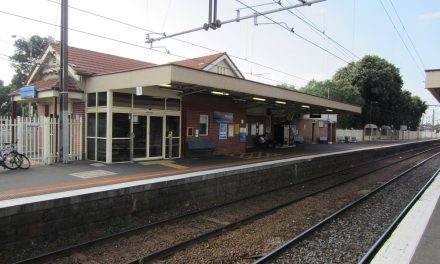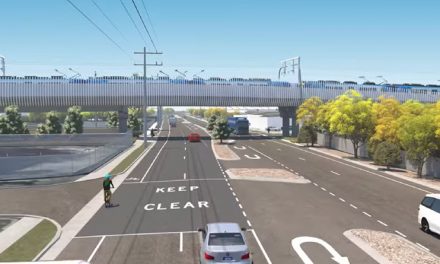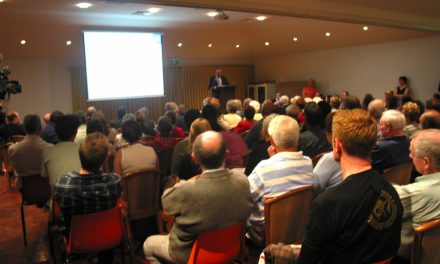I had attended a number of the Altona Loop community meetings. The consensus from these meetings is that the problem can only be solved through a political solution. Even the public transport experts came to these conclusions.
A long-time Altona resident lamented that Altona has been traditionally a very safe Labor seat, so safe that it has become a liability. The Labor Party feels it will not lose the seat while the Liberal Party does not even bother to court the Altona voters, knowing that it will not capture the seat. The result is years of neglect to the electorate by the Labor state government and things getting worse when the Liberals assumed office.
In most democracies (including Victoria), the campaign resources are focused on the marginal or swing seats which require a smaller swing to change hands. The voters in these marginal seats stand to gain the most as they are usually given more election promises compared to others since their votes are crucial in deciding which party wins the election. Even if the seat eventually ends up with the unelected party, these voters are not forgotten by the party that has assumed government since the marginal seat can easily change hands at the next election.
I have recently come across the term “pork barrelling” in the newspapers. It refers to government spending that is intended to benefit constituents of a politician in return for their political support such as votes. The benefits are concentrated in a particular area but the costs are spread among all taxpayers. The most recently reported case of pork-barrelling is the multi-million dollars replacement of the New Street level crossing in Brighton by a car underpass, despite it being ranked No. 223 in priority by a 2008 government-funded survey, the Australian Level Crossings Assessment Model report (Ref 1, 2). The decision to move the upgrading of the Brighton’s level crossing to the top of the queue was made so that the Tourism Minister Louise Asher could keep her election promise to her Brighton constituents. Another suggestion of pork-barrelling is the priortized rollout of the National Broadbank Network to the residents of Armidale, New South Wales – the electorate of Tony Windsor, the Independent who had backed the Gillard government (Ref 3). It appears that pork-barrelling is legitimate, though it is being frowned upon by most, including business and industry groups (Ref 4).
An unconventional way out of the conundrum of being a safe seat is to perhaps turn Altona into an unpredictable marginal seat so that Altona voters will not be taken lightly. I had jested that perhaps half of a family could vote for one major party and the other half could vote for the other major party. If every family is doing this, this will lead to a 50:50 deadlock situation. This suggestion was quickly dismissed, as voters should be encouraged to vote for the politician that could do the most, that is, bring the best possible outcome for the constituency. Voters should judge each politician not only on election promises but also on his/her past track records to determine if the promises are genuine and would be delivered. I agree that ideally this should be the case as the most hardworking politician should be duly rewarded. However, this does not usually work in reality and this is a shortcoming of democracy that I hope will be eventually be addressed by the future evolution of the political system.
It was learnt from the Altona Loop community meetings that though Altona is deemed a very safe Labour seat (Lower House), the Upper House is subjected to much more volatility and uncertainty so it is a more competitive battlefield, with no party guaranteed to hold on to their incumbent seats. Although the next state election is still more than 3 years away (on Sat 29 Nov 2014), it appears that some Altona residents have already started forming opinions of their representatives now, yes NOW!
Click here to read more about the Federal, State and LGA electorate system.




